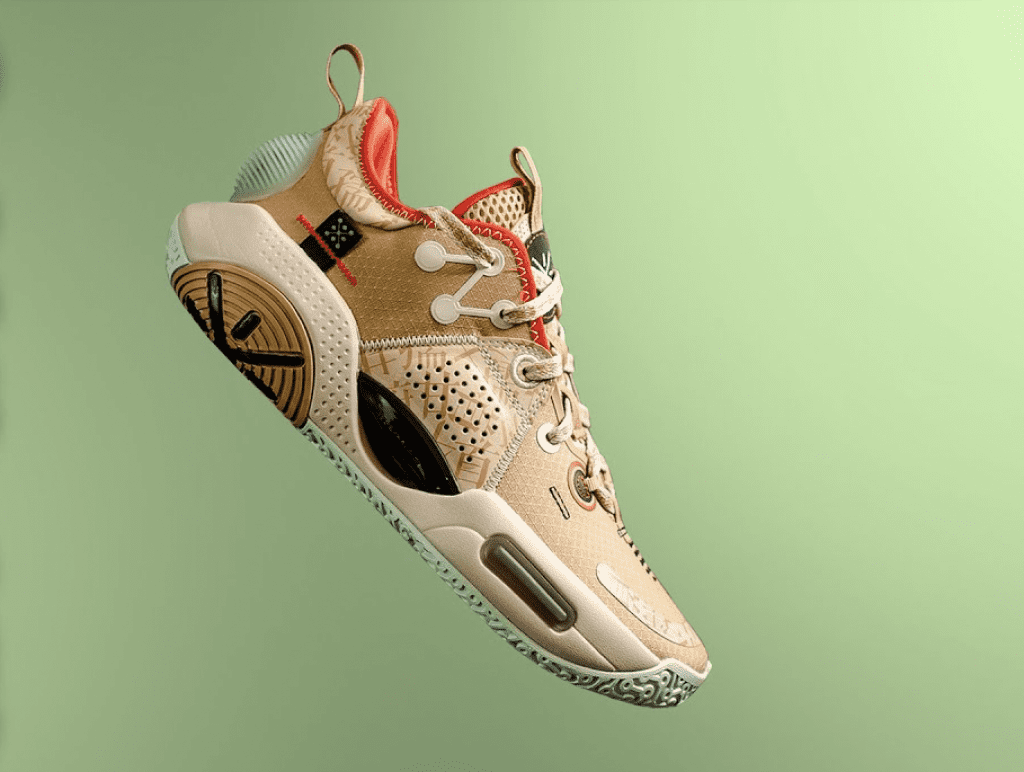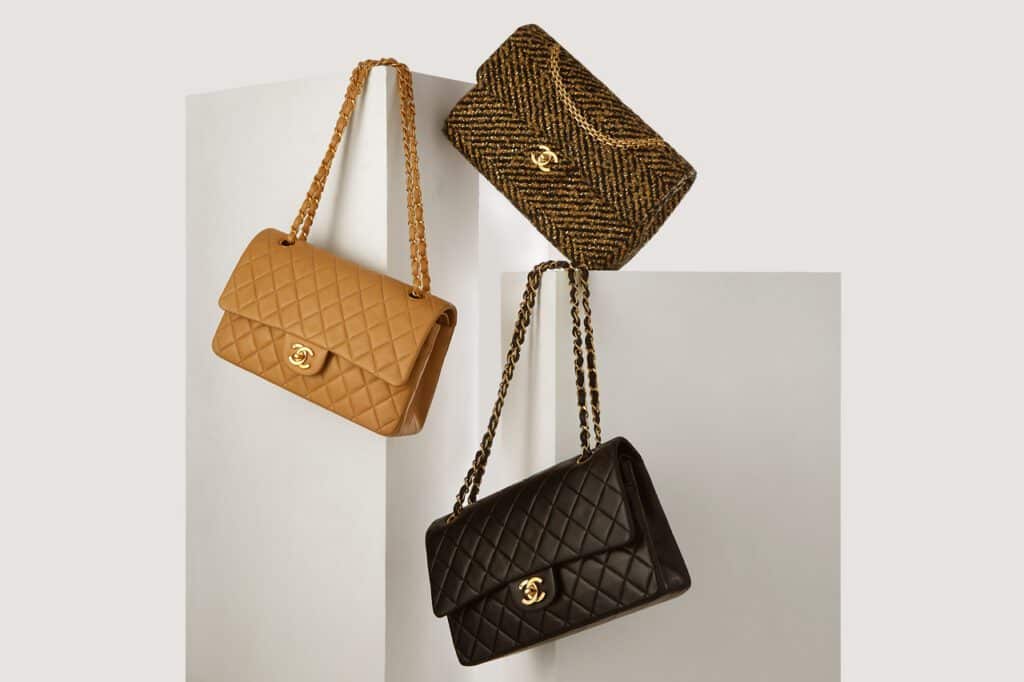A Chinese footwear brand’s wares have been halted at the U.S. border, with U.S. Customs and Border Protection alleging that North Korean labor was used to produce the sneakers. In a statement on Tuesday, U.S. Customs revealed that it has detained merchandise from Li-Ning Sporting Goods in accordance with the Countering America’s Adversaries Through Sanctions Act, which “prohibits the entry of goods, wares, and articles mined, produced, or manufactured wholly or in party by North Korean nationals or North Korean citizens anywhere in the world, unless clear and convincing evidence is provided that such goods were not made with forced labor.”
Pursuant to the Countering America’s Adversaries Through Sanctions Act, which was signed into law in August 2017 and aims at enforcing sanctions against Iran, North Korea, and Russia, Customs stated that it “will detain Li-Ning merchandise at all U.S. ports of entry,” and that unless Beijing-basef Li-Ning provides sufficient evidence that the sneakers “were not produced with convict labor, forced labor, or indentured labor under penal sanctions” within 30 days, the merchandise may be subject to permanent “seizure and forfeiture.”
The Customs probe and subsequent detainment of an undisclosed amount of Li-Ning’s footwear comes as native Chinese brands build up big businesses in China, buoyed by the enduring pattern of traditionally Western-looking Chinese buyers increasingly looking to home-grown brands when it comes to products, such as footwear. (The majority of Chinese consumers are still showing a strong preference for Western brands when it comes to things like luxury goods.) Market research firm NPD Group stated in a December 2021 report that “domestic brands moved to leading positions in some key categories and segments, such as sports footwear,” and in the process, are “challenging traditional leading brands” – namely, Western sportswear giants – “in higher price bands.”
During Q3 2021, for example, domestic Chinese footwear brands Warrior, Anta Sports, Erke, and Li-Ning joined the likes of Nike, adidas, and New Balance in the “top 10” footwear brands among consumers in China, with Chinese domestic brands exhibiting “strong performance,” per NPD. Anta Sports and Li-Ning, which were among the six domestic brands on the list for Q3 2021, up from just four brands the year prior, maintained market shares of roughly 15.5 percent and almost 7 percent, respectively, in China as of last year, according to Euromonitor data, whereas Nike and adidas boasted stakes of 25 and 17.5 percent.
While these native Chinese footwear brands are largely unknown outside of the China market, they have been looking to change that. Li-Ning stocks its wares on Western e-commerce sites ranging from SSENSE and Farfetch to Foot Locker and Kith, has enlisted celebrity endorsers, such as NBA star Dwyane Wade and pro skateboarder Erik Ellington, and shown collections at fashion weeks in New York and Paris in recent years in an effort to introduce its offerings to Western consumers. In this same vein, Li-Ning – which generated 98.9 percent of its 2021 revenues in China – made headlines in October, as it sought to raise HK$10.4 billion ($1.35 billion) in order to fund an overseas expansion effort. (Li-Ning reported revenues of $1.57 billion for the first six months of 2021, up 65 percent on a year-over-year basis, with profits soaring by 187 percent for the same period.)
The situation with U.S. Customs, which follows closely from Norway’s sovereign wealth fund announcing that it would divest from Li-Ning “due to unacceptable risk that the company contributes to serious human rights violations,” is the latest example of barriers that stand in the way of the potential rise of native Chinese brands beyond the mainland.











